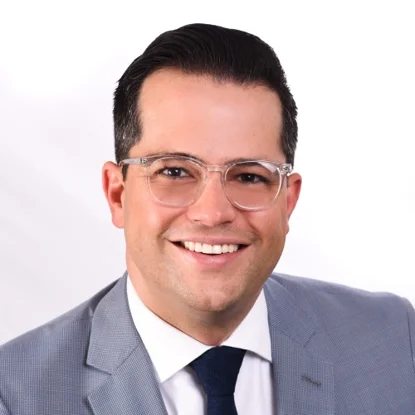When handling your estate, it’s important to understand how to protect your rights. If you’ve suffered financial wrongdoing, California Probate Code § 859 can help. It allows you to claim double the damages if you win a case against someone who wrongfully takes or hides estate property.
Explaining Probate Code § 859
California Probate Code § 859 addresses wrongful acts involving estate property. It outlines circumstances where an individual may recover damages against someone who misuses or unlawfully takes estate property.
The code stipulates that any person found to have deliberately taken, concealed, or disposed of estate assets through deceitful means may be liable for double damages. In these cases, courts look for evidence of bad faith or intentional misconduct. This section also covers the unauthorized withholding or improper use of estate assets.
Clear evidence of wrongful intent is necessary to hold the wrongdoer accountable and to ensure the aggrieved party receives due compensation.
Grounds for Receiving Double Damages
The claimant must establish specific grounds to pursue double damages under California Probate Code § 859. These grounds include the wrongful taking, hiding, or misappropriation of estate property. To be successful, the claimant must prove the wrongdoer’s bad faith or intentional misconduct. These actions often involve deliberate deceit or manipulation regarding the estate’s asset management.
Examples of situations where double damages may apply include:
- An executor unlawfully transferring estate assets to their accounts. This act demonstrates deliberate intent to wrongfully benefit from estate property.
- A family member concealing estate property to deny rightful beneficiaries their inheritance. This situation exemplifies malevolent behavior impacting the distribution of the estate.
- A trustee making unauthorized investments with estate funds without the knowledge or consent of beneficiaries. The trustee’s actions reveal a misuse of power and trust, potentially harming the estate’s value.
In these examples, the violating party shows intent to benefit at the estate’s expense, justifying the claimant’s pursuit of double damages.
Key Elements of Probate Code § 859
If you are pursuing double damages, here are some factors to keep in mind:
- Burden of Proof
If you claim misconduct under § 859, you must show clear evidence that the other person intentionally did something wrong as per the statute. - Calculation of Damages
If the court agrees with your claim, you might receive double the value of the property that was wrongly handled. This money serves as compensation and a deterrent for future misconduct. - Definition of Wrongful Conduct
To qualify for double damages, you must show that someone wrongfully took or hid property that belongs to the estate. Such acts could involve fraud or manipulation.
Steps to Pursue Double Damages Under Probate Code § 859
When pursuing double damages, work closely with your attorney, and follow these steps:
- Gather Evidence
You must collect enough evidence to back up your claim. Such evidence includes financial records, emails, witness accounts, or other proof of wrongdoing. - File a Petition
Submit a petition to the probate court to describe the wrongful actions and include details about the property involved. - Court Proceedings
The court will review your petition and the evidence. Both sides may present their case during hearings or a trial. - Judgment and Damages
If the court rules in your favor, you may be awarded double damages for the mishandled estate property, aiming to restore what was lost and prevent it from happening again.
Knowing how to seek double damages under Probate Code § 859 is essential for safeguarding estate assets and holding wrongdoers accountable. OC Trial Group can help you confidently handle probate disputes and ensure justice is served. For more information or help with estate issues, contact us online.

